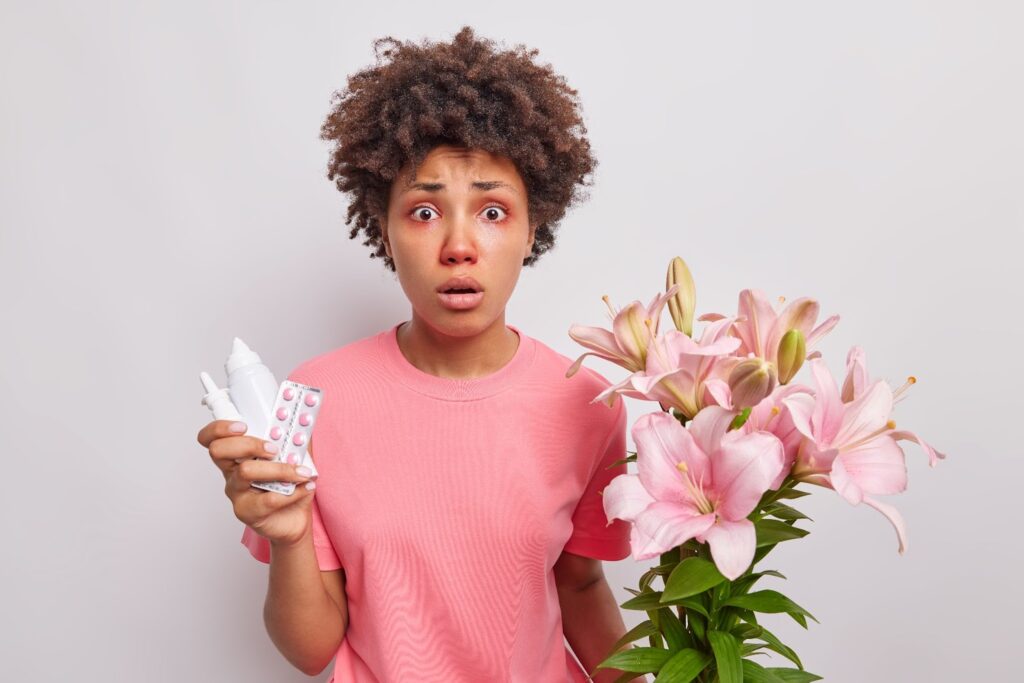Doctor provides advice to hay fever sufferers, as UK warned of VERY high pollen count

Whether you’re sneezing regularly or struggling to see through itchy eyes, the hay fever season is here and is ready to challenge us all once again.
With the National Pollen and Aerobiology Research Unit issuing a warning of very high pollen across the UK this week[1], online searches for ‘hay fever Tablets’ have surged drastically, increasing by 123%.
Doctor Ashwin Sharma from the online pharmacy MedExpress offers insight on managing hay fever and discusses the status of known cures.
Online searches for ‘hay fever Tablets’ surged 123% in the past week, is there a cure yet?
As the National Pollen and Aerobiology Research Unit have issued a warning of very high pollen across the UK this week, online searches for ‘hay fever Tablets’ have surged 123%. Doctor Ashwin Sharma from online pharmacy MedExpress comments on the age-old question… is there a cure?
“Currently, there is no cure for hay fever. However, there are effective treatments and management strategies that can significantly reduce symptoms and improve quality of life. These include medications such as Antihistamines, nasal corticosteroids, and decongestants which help alleviate symptoms such as sneezing, runny nose, and congestion.”
“Some people with severe hay fever might need immunotherapy if antihistamines or steroids don’t work. The treatment involves gradually exposing the immune system to increasing amounts of the allergen through shots or tablets, with the goal of building tolerance over time. While immunotherapy does not cure hay fever, it can significantly reduce symptom severity and the need for medications.”
“Another effective treatment for hay fever is avoidance. Reducing exposure to pollen by staying indoors during high pollen days, keeping windows closed, and using air purifiers can help minimise symptoms.”
Lifestyle habits that may help reduce the impact of hay fever
“In addition to reducing allergen exposure, certain lifestyle habits may help lessen the impact of hay fever, such as consuming a balanced diet rich in fruits, vegetables, and omega-3 fatty acids that can support a healthy immune system. Some studies suggest that certain nutrients, such as vitamin C and quercetin, may have antihistamine properties.”
“Regular physical activity can improve overall health and may help to reduce inflammation in the body. However, it’s important to exercise indoors or during low pollen times to minimise exposure to allergens.”
Hygiene standards can impact the development of hay fever
“The development of hay fever is influenced by a combination of genetic and environmental factors. Some people may have a genetic predisposition to allergies, making them more likely to develop hay fever when exposed to certain allergens. Additionally, environmental factors such as pollution, climate, and hygiene standards can all impact the development of hay fever.”
“The “hygiene hypothesis” suggests that a lack of early childhood exposure to certain infections and microbes can lead to an increased risk of allergies later in life. This is because exposure to a diverse range of microbes helps train the immune system to differentiate between harmful and harmless substances.”




